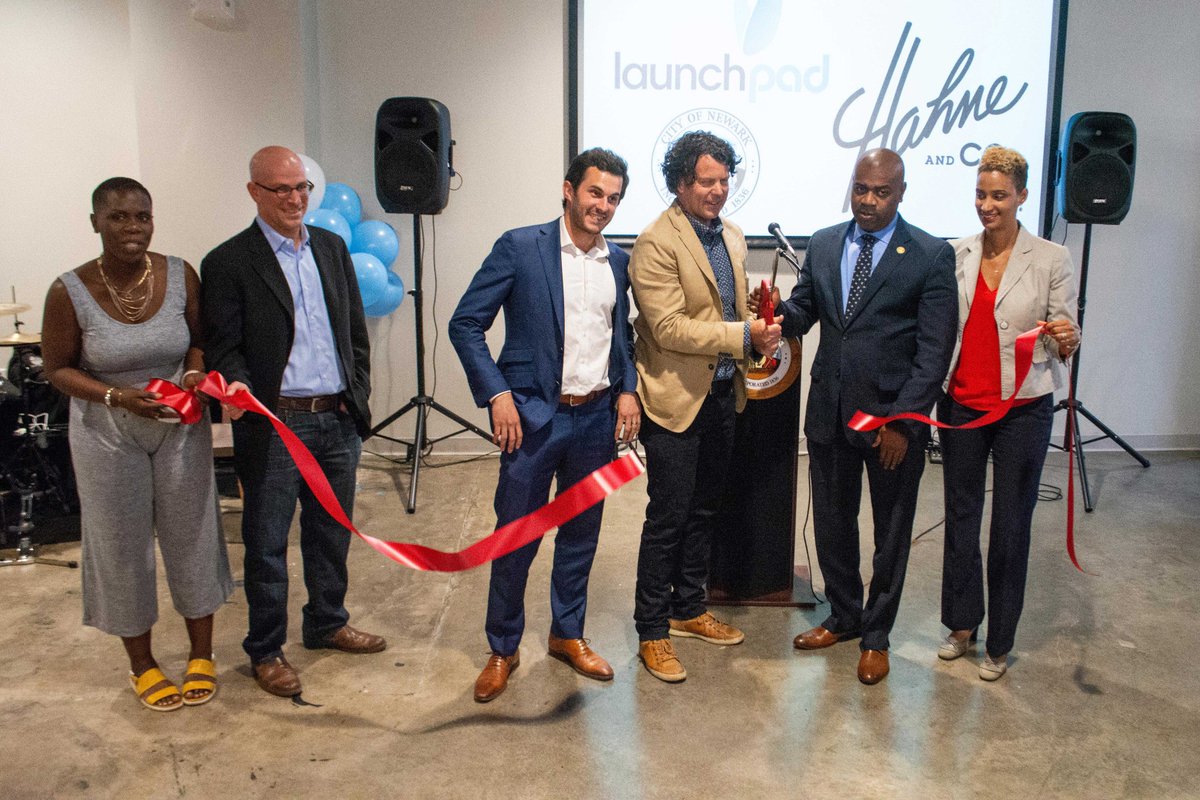ImpactAlpha, February 19 – Projects that integrate community needs and local businesses – and the facilities they need – are hard to come by inside newly designated Opportunity Zones. Such models are key to long-term investments in low-income communities.
New Orleans-based Launch Pad, a business incubator, is expanding its network of co-working spaces to Opportunity Zones to stock the project pipeline. The firm, which also has facilities inside or adjacent to Opportunity Zones in Newark, Nashville and Memphis, has raised $1.33 million to jumpstart its expansion to Opportunity Zones around the country.
“Opportunity Zone law recognizes the importance of investing in communities across the country,” said Launch Pad co-founder Chris Schultz. The “legislation has provided a compass for our expansion across the country.”
Invest in where you know: Impact investors rediscover the power of ‘place’
Economic impact
The businesses Launch Pad has supported in New Orleans have collectively created 5,000 jobs, raised $160 million in capital and occupy 600,000 square feet of office space. Launch Pad serves high-growth startups, small local businesses, freelancers and people working remotely.
Market-research company Lucid began with one coworking desk in Launch Pad’s New Orleans hub. The 350-person company raised $60 million in its most recent financing and occupies the top floor of Canal Place in downtown New Orleans.
Another Launch Pad firm, Propeller, has supported more than 200 New Orleans businesses and nonprofits tackling food, water, health and education challenges; together, the firms have generated revenues of more than $100 million and created more than 460 jobs.
Propeller: Helping local entrepreneurs rise with New Orleans’ revival
In 2018, Launch Pad expanded to Newark, Nashville and Memphis. With a seed round backed by Lucid founder Patrick Comer and other angel investors, the firm has plans to expand to up to 25 locations inside Opportunity Zones by 2020. (The venture firm of Launch Pad’s Schultz was an early investor in Lucid).
“These are momentum markets,” Schultz told ImpactAlpha. To Schultz, momentum markets are mid-tier cities with strong cultural identities and high qualities of life. They are places where millennials are moving home to from New York and San Francisco and where families can still afford to buy a home. They’re also, says Schultz “underserved from an entrepreneurial ecosystem perspective.”
Launch Pad is also planning to create an Opportunity Fund to invest in Launch Pad startups and other businesses in the markets where it operates. Schultz says the firm is talking to mission-aligned Opportunity Funds and local leaders that are interested in partnering to develop real estate that Launch Pad could renovate and occupy.
Entrepreneurial ecosystems
Other models are looking to leverage Opportunity Zones to build entrepreneurial hubs in cities long overlooked by venture investors.
Ross Baird’s Blueprint Local launched in January with Blueprint Texas to invest in clusters of real estate projects and operating businesses to promote inclusive economic growth in the Austin-San Antonio corridor. It’s the first in a planned series of geographically-focused investment funds of $50 to $100 million.
AOL founder Steve Case is building a team at his venture capital firm Revolution for Opportunity Zone real estate development that will support startups far from coastal tech hubs.











